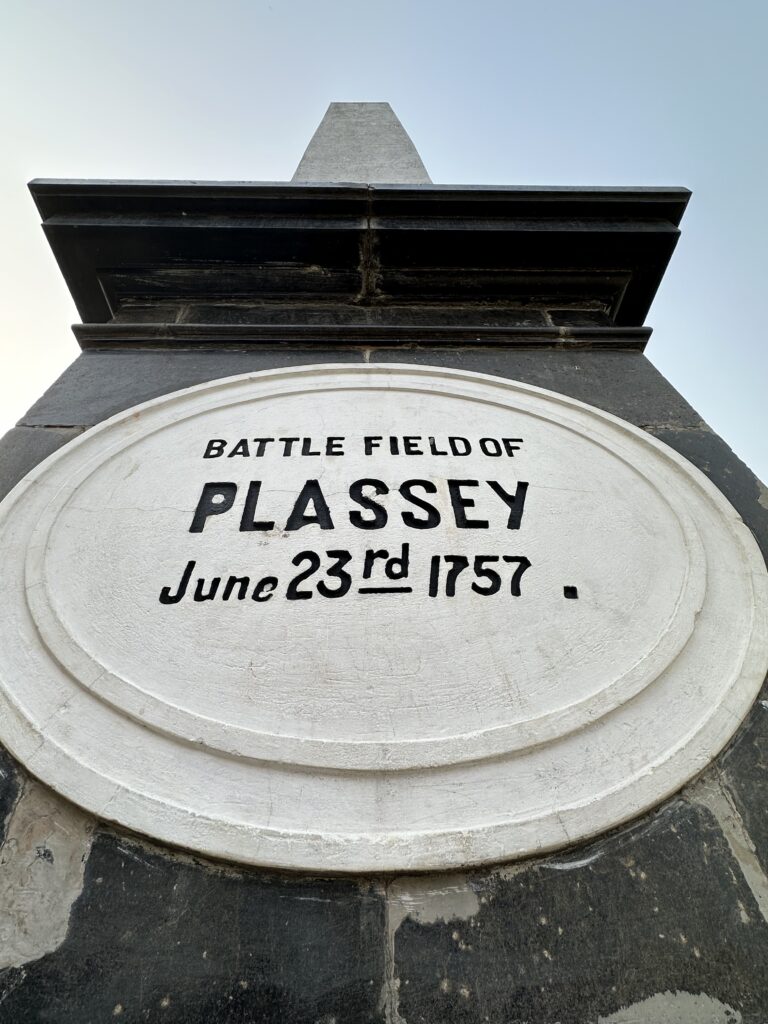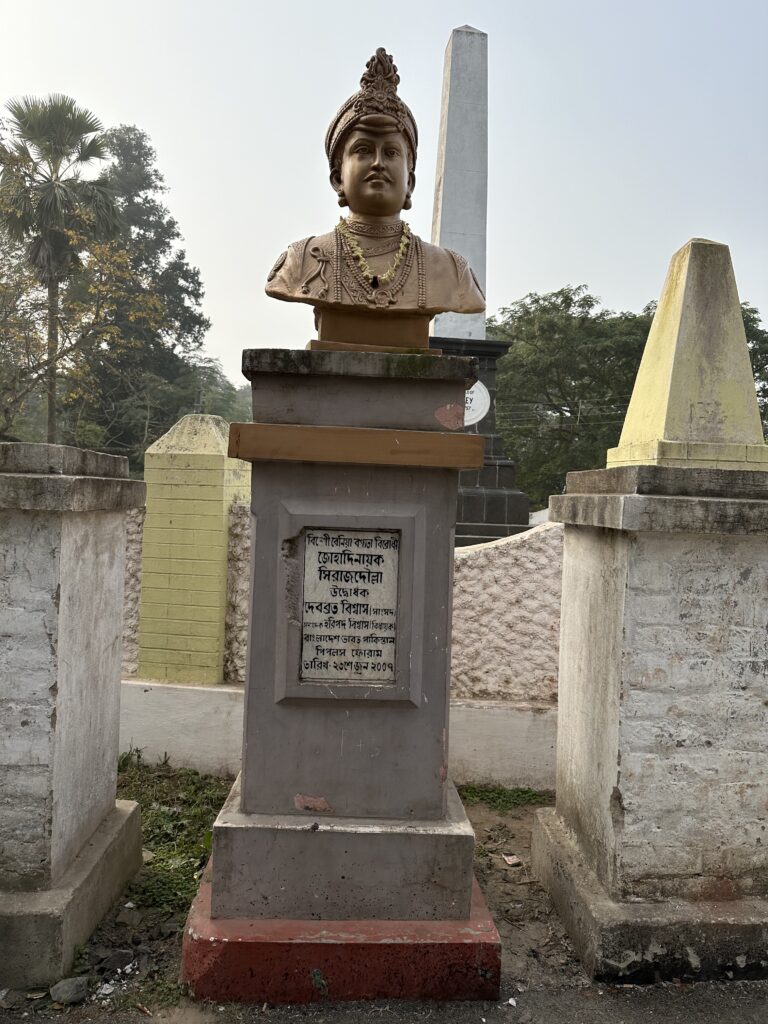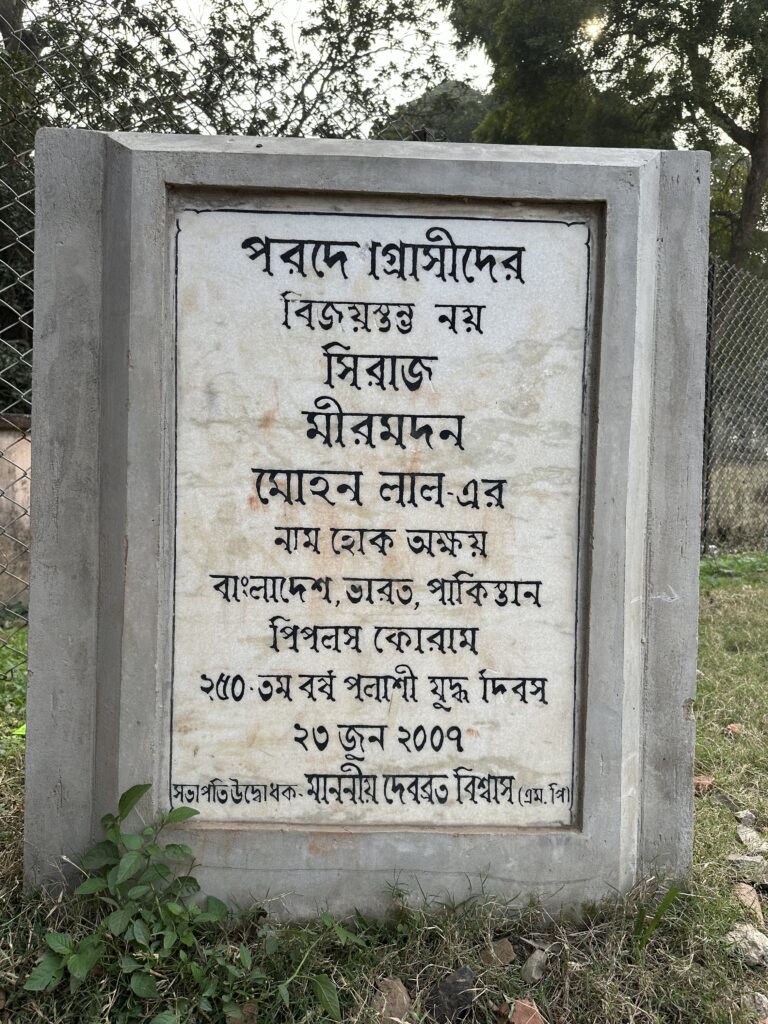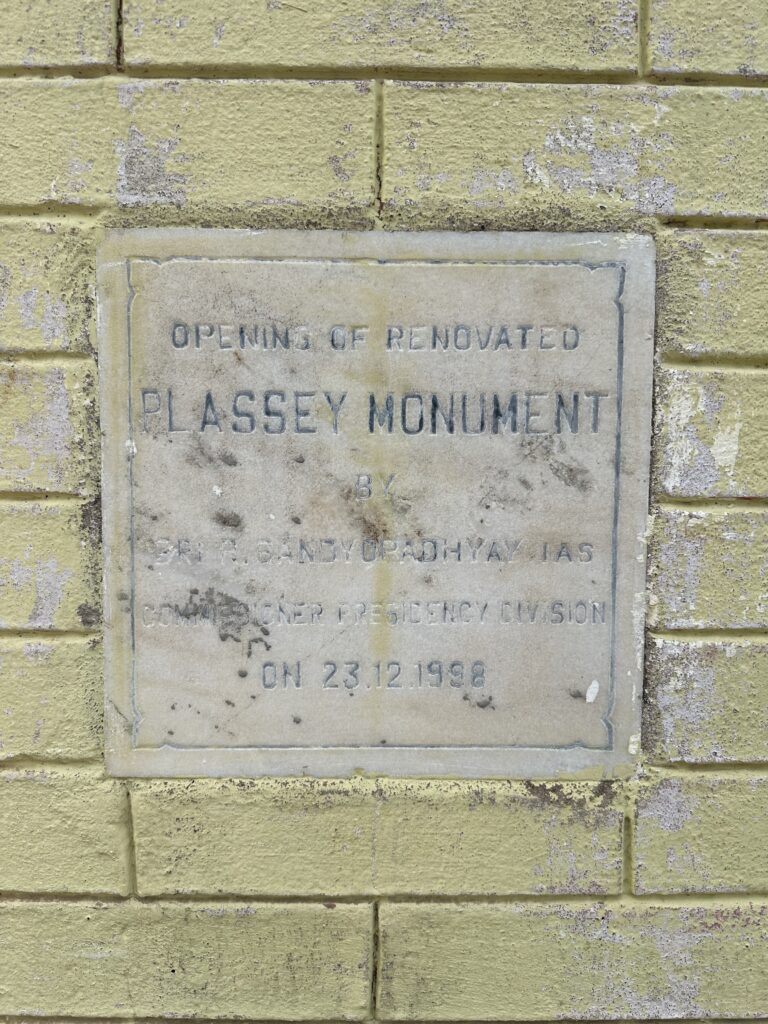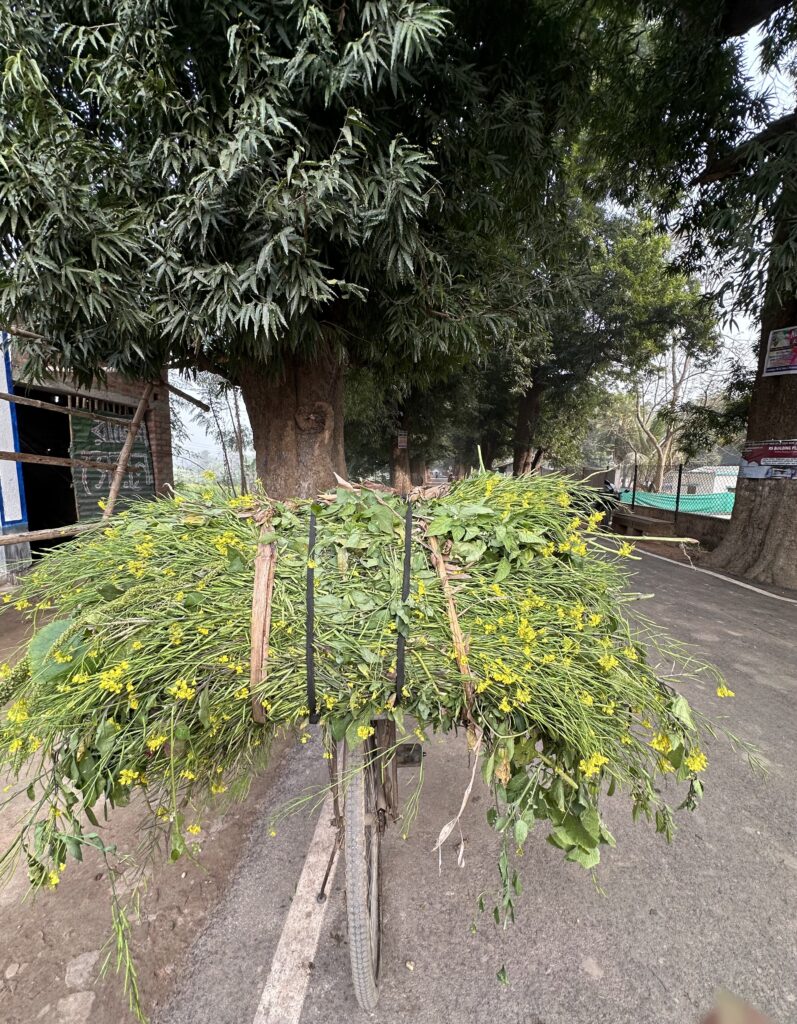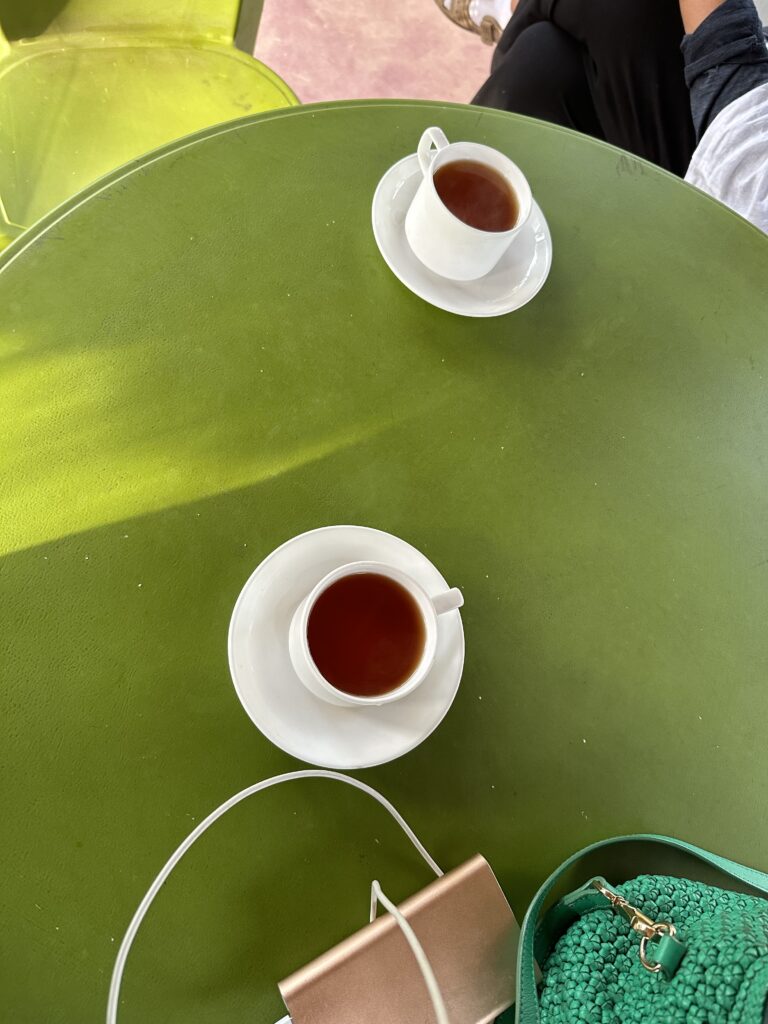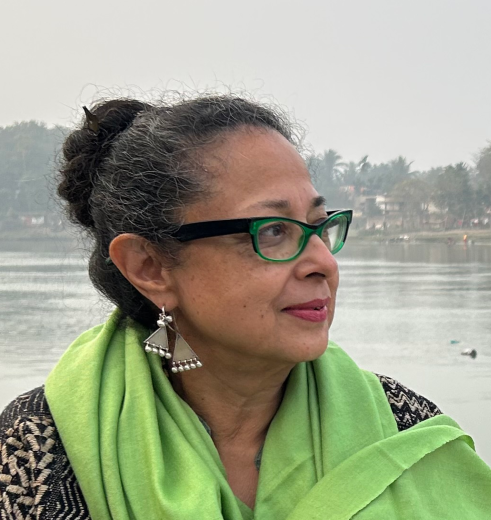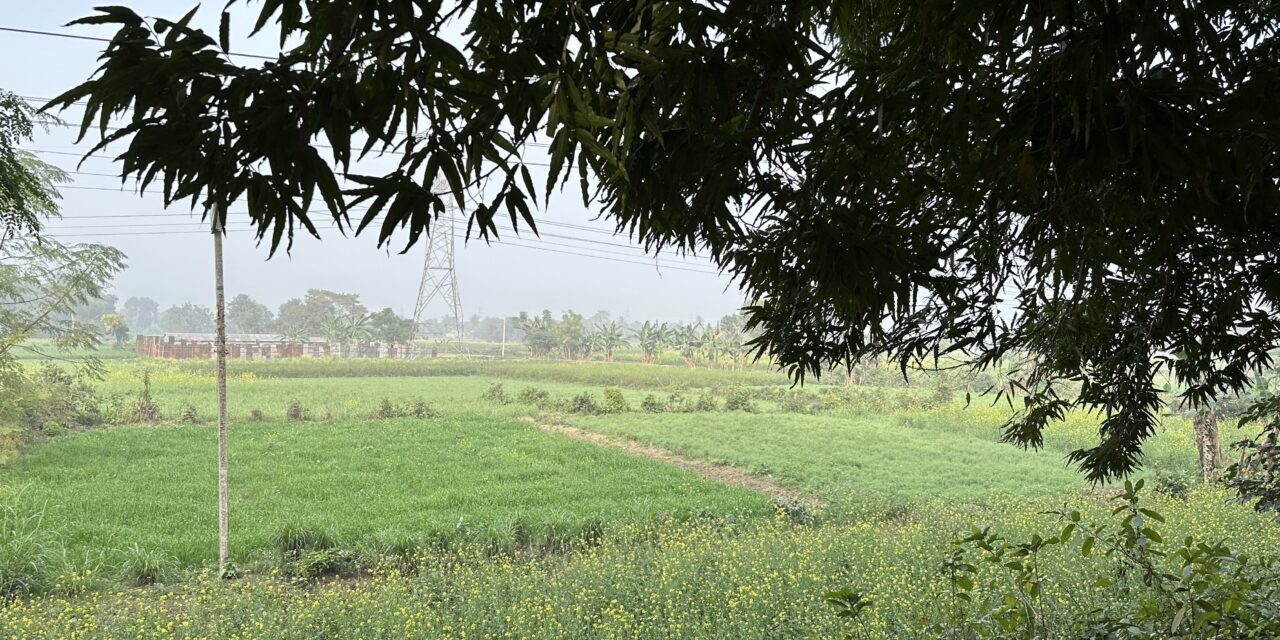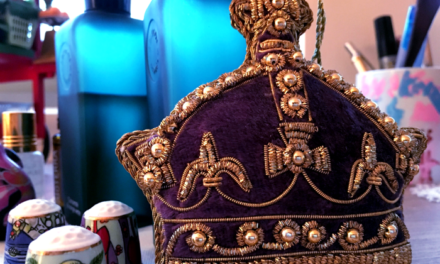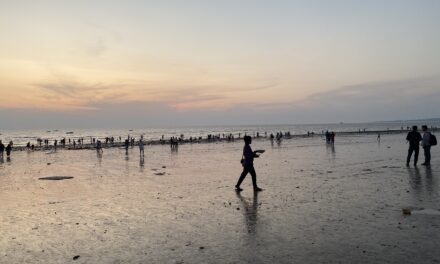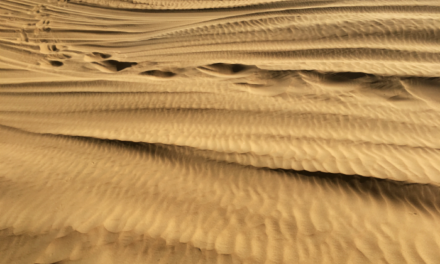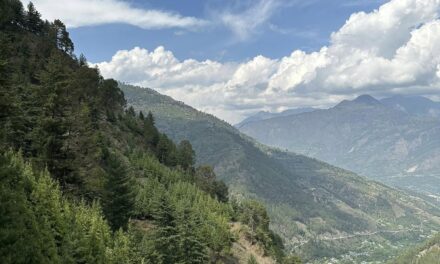Polashir Juddho. The Battle of Plassey. Was there ever a time I didn’t know those words? That was the place of betrayal. Of treachery. Of the end of us as we knew ourselves. Polashi, where Mir Jafar let Clive win the battle, and our world changed. It would take us all the way to becoming poradhin, non-independent.
Polashi in Bangla, Palashi in other Indian languages, Plassey anglicized. A little town by the Bhagirathi, named after the bright orange red Polash/Palash flowers. Once, the young and reckless Nawab of Bengal, the world’s richest province, riled too many people… from wily aunt, to powerful bankers, ambitious army commanders, grasping merchants, and the greedy British. A plot was hatched. Immersed in his capricious and debauched royal fug, the arrogant Siraj ud Daulah missed the signs and so, by the end of day on Sunday, 23 June 1757, lost everything to Lt Col Robert Clive and the East India Company. The nawab commanded 50,000 men, the Company army was 3,000 strong, say many accounts. The battle lasted about 11 hours. A spot of treachery can be most useful.
From the moment my friend and I decided we were going to Murshidabad, we knew we had to go to Plassey. So we braved the great Indian road and took a car for the trip, instead of a far more convenient train. After a couple of hours of mustard and paddy fields, thatched hut villages, and rickety, crabby, falling apart towns, we reached Plassey from Khushbagh, where we’d stopped to see Shiraj and Alivardi khan’s tombs.
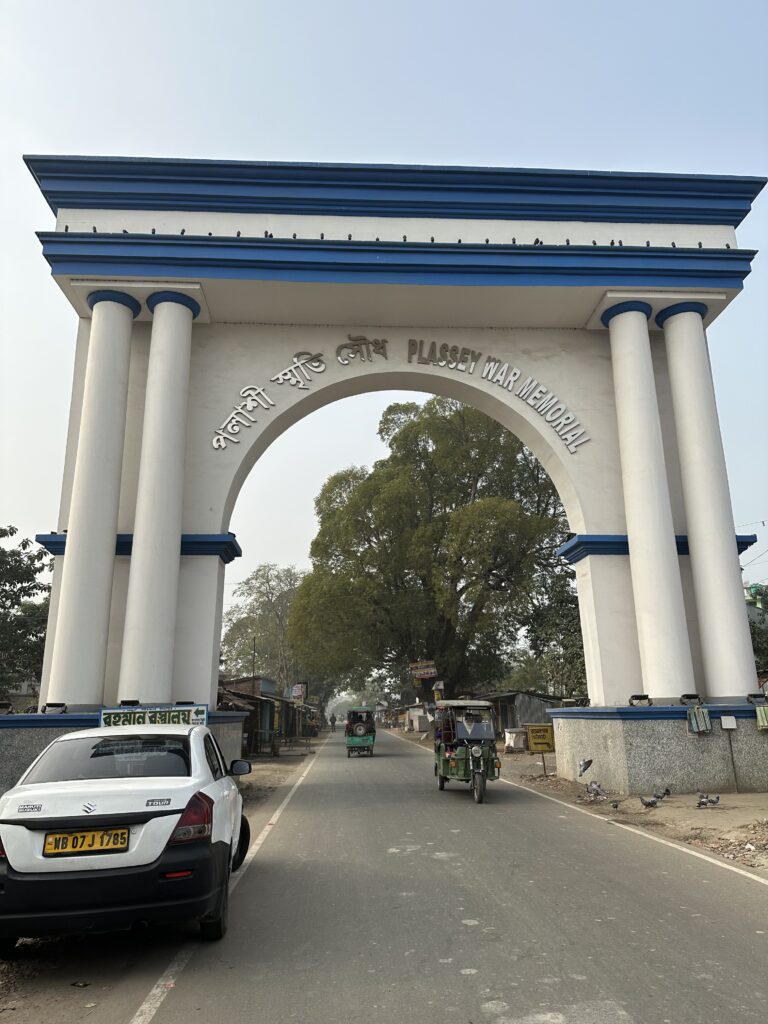
Google map takes you straight to the road leading to the monument at Plassey. Amid all the ramshackle grey- and brown-ness, a sudden splash of white. The archway leading to the site of defeat. Curzon built the monument in 1883, the same chap who partitioned Bengal in 1905 and then had to take back his order. It’s thanks to his wife I think that the Kaziranga Park was created to protect the Indian rhino. Why do unconnected stories drift through my mind all the time?
Anyway, there was the monument. tall and proclaiming victory. In front of it lay a dog, sleeping. Not bothered with anything. from behind the pillar, I could hear a man’s voice, obviously most excited about whatever his pitch was. I walked around to the other side, and there was a group of pallid young men sitting on the steps, listening to the excited speaker whose language at one point was not exactly fine, let’s say.
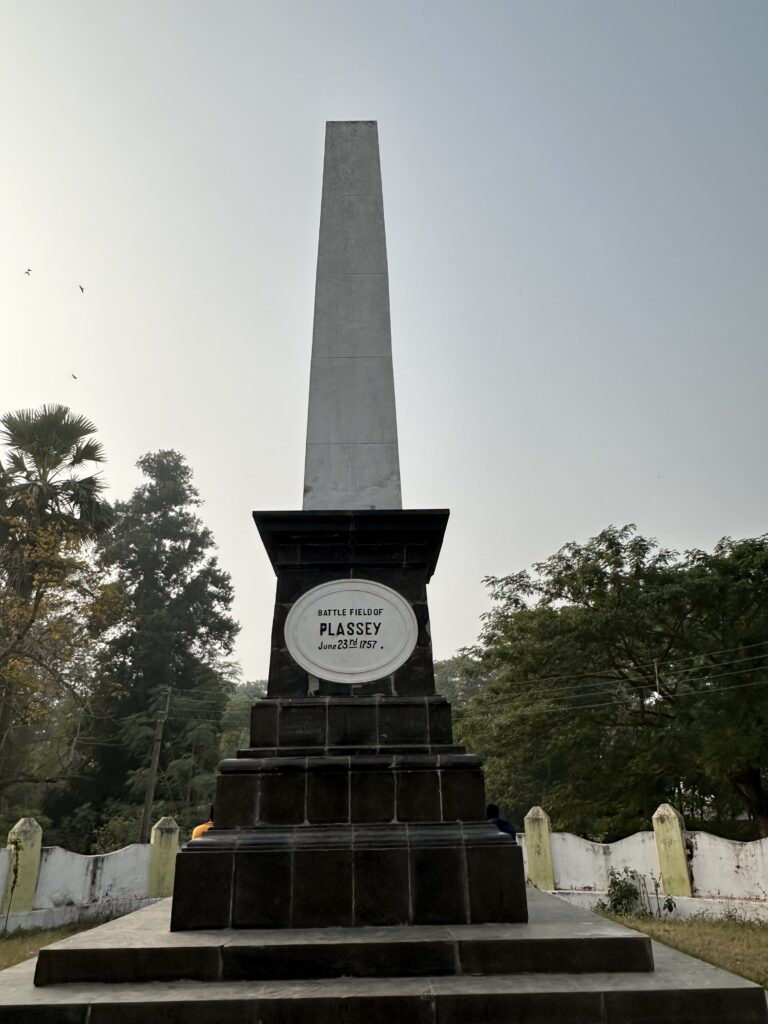
In 2007, on the 250th anniversary of the battle, a statue of Siraj ud Daulah was put up here on behalf of the India-Pakistan-Bangladesh people’s forum. a plaque in Bangla screams this is no victory pillar of “porodeshgrashi” (eaters of other people’s land?), may the names of Siraj and the loyal Mir Madan and Mohan Lal be immortal. Alas, there were no heroes on that battlefield… no matter how much we try to pretend Siraj was the good guy.
On all sides lay farming fields… a lot of mustard. Was this where it all happened? Nothing momentous or noteworthy about the place. The river, the other capricious one, had moved away and wasn’t visible. The road was wide and well paved, old trees on either side. Polash?
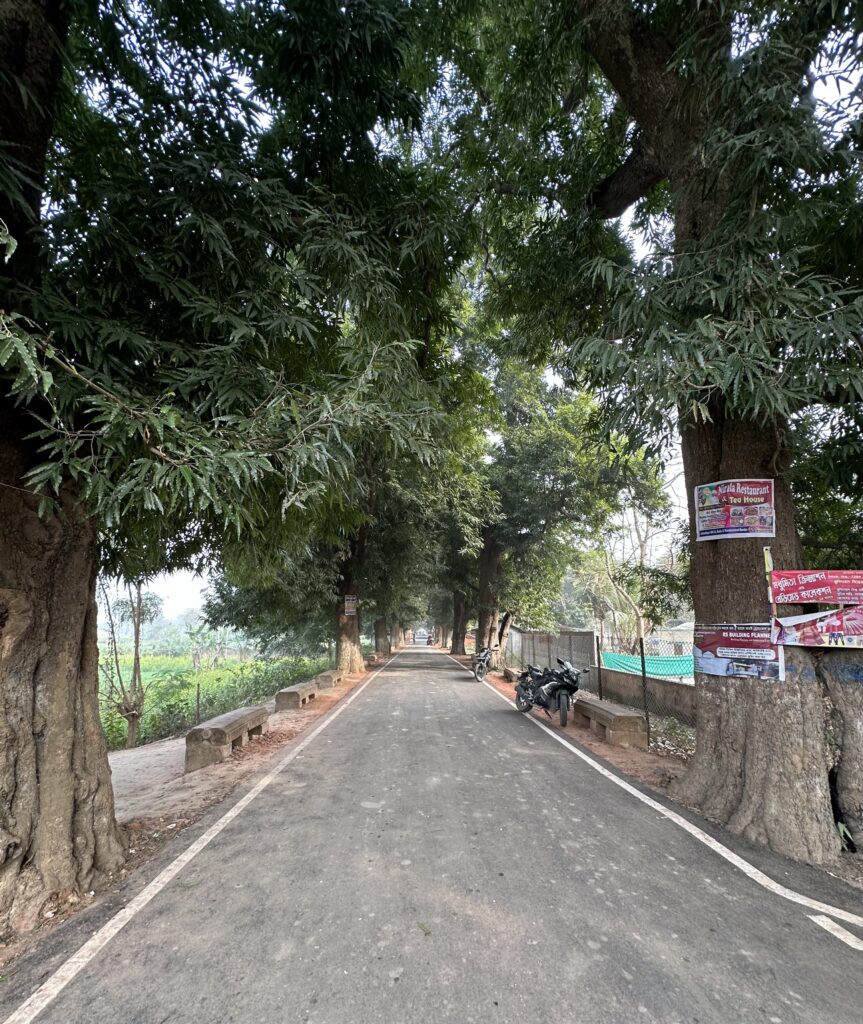
Someone had said we should have tea at the restaurant next to the monument. Could anything be more antithetical to the drama of Plassey than the crummy spot we found… bad Hindi music blaring from a sound box by the almost bare garden, nondescript cottages at the back, shady restaurant on one side, some thatched kiosks. a few drunk men danced. We had our tea, the driver got a bit of a break, a loopy lady, saree hitched high, came up to me and started making conversation as though she’d known me forever… she claimed to be part owner of the place. I wondered if there was any way of obliterating this whole thing from my mind the next time I thought of Plassey. The dog, i bet, slept on.
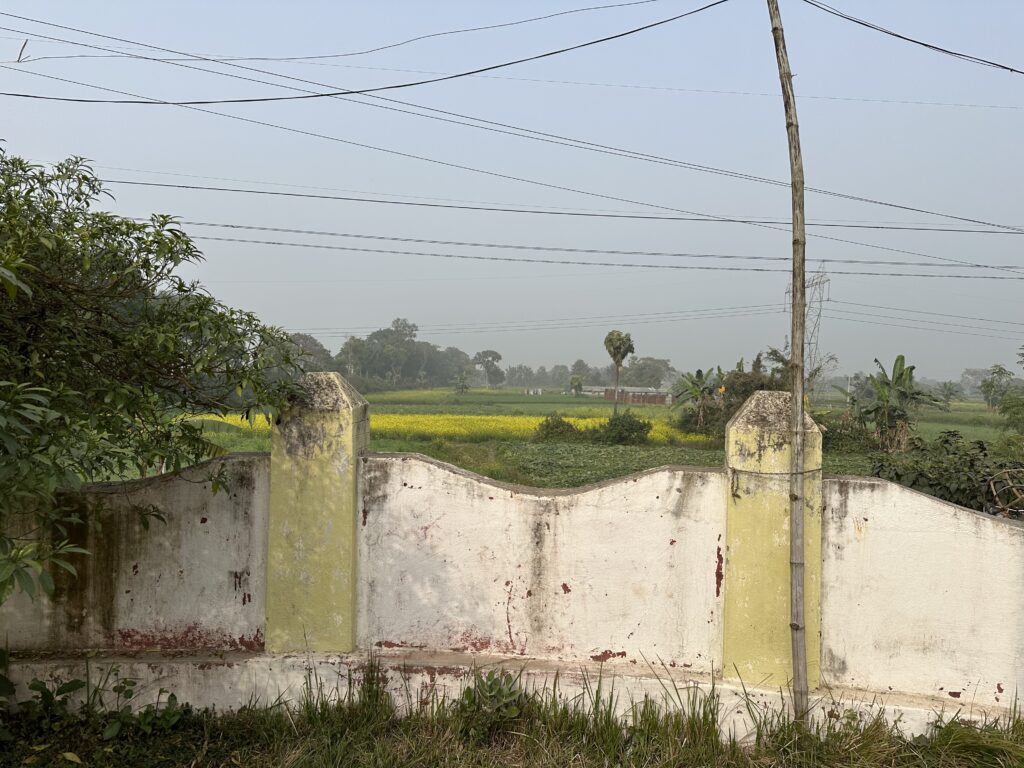
From my Facebook post of 21 January, 2024, soon after my first visit to Murshidabad, the onetime capital of Bengal.
